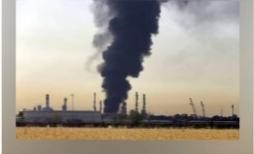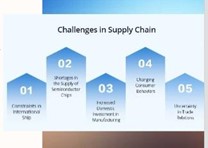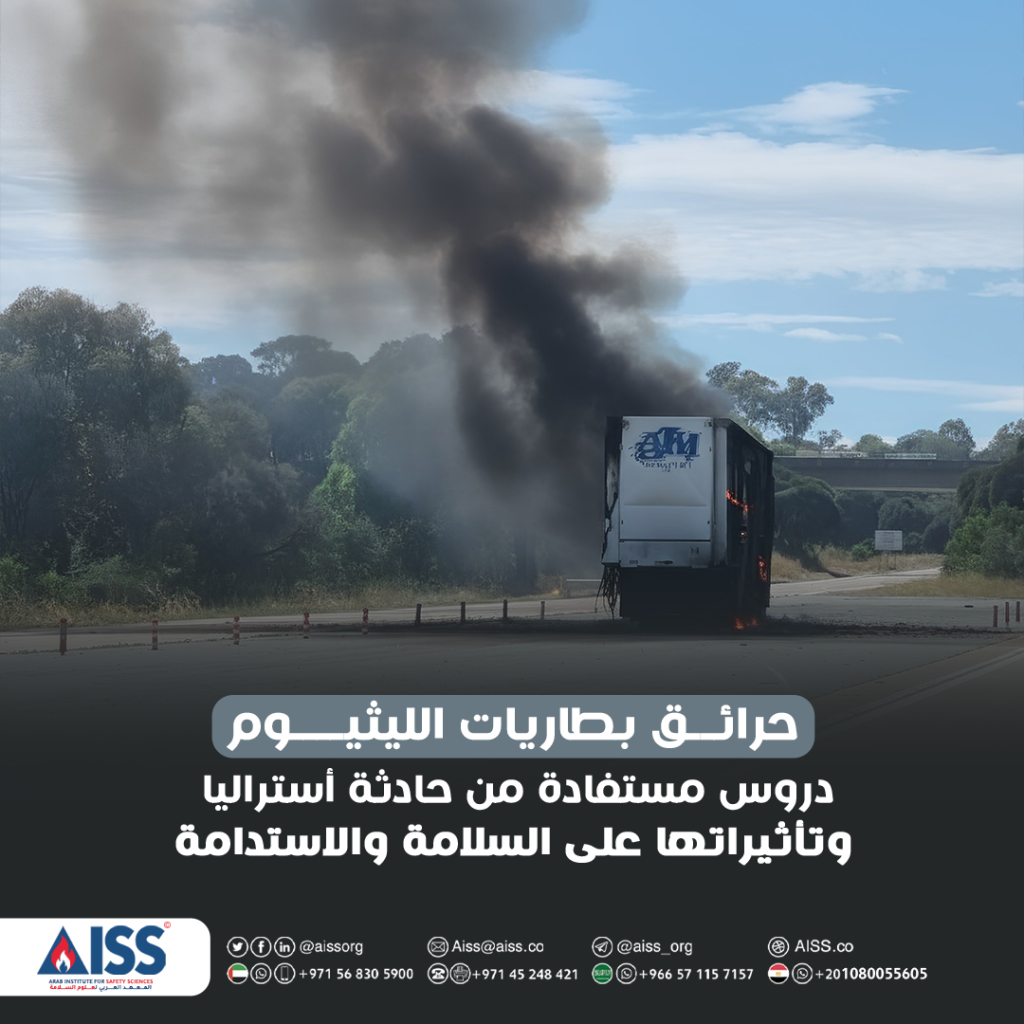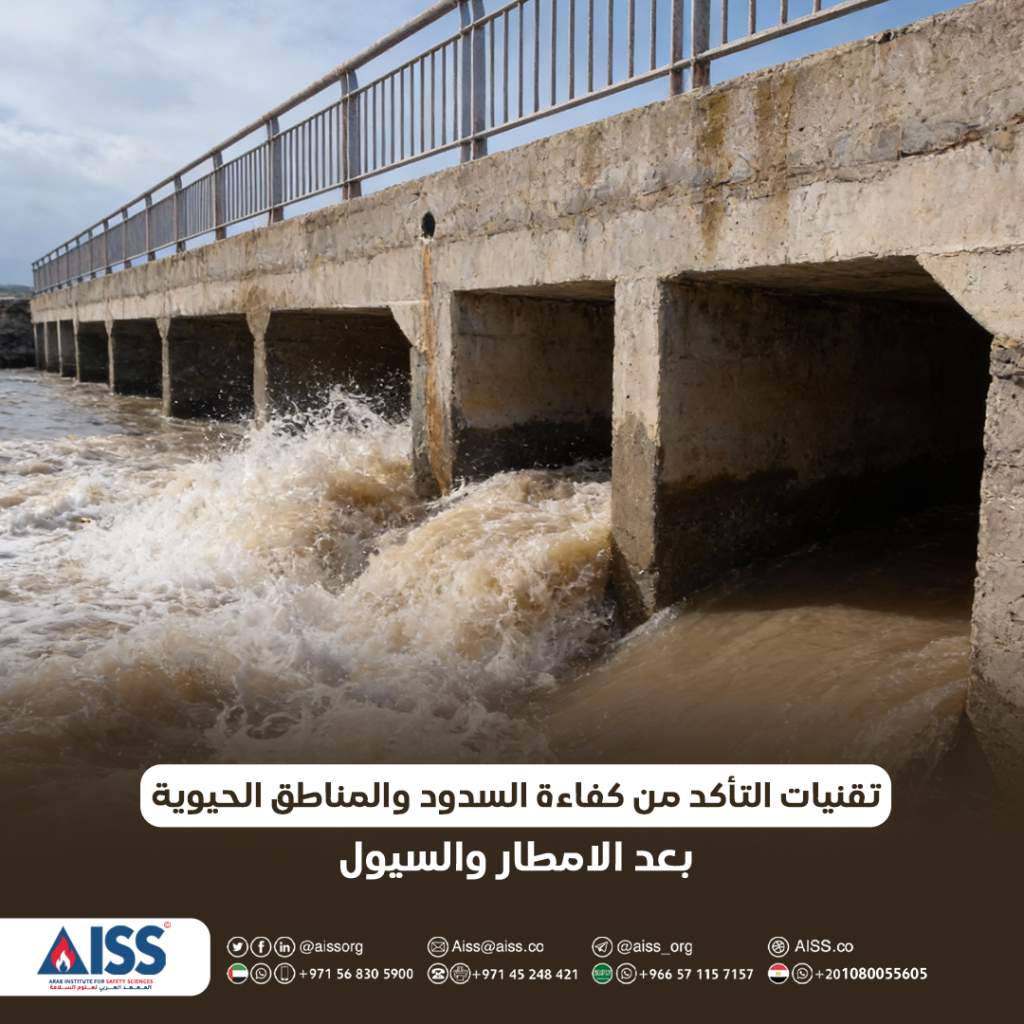د/ مها الشيخ.
محاضرة بعنوان: (أمن سلاسل التوريد).
Supply Chain Security
- دكتوراه في إدارة الأعمال من جامعة العلوم الإسلامية – الأردن.
- تمتلك شهادة متخصصة في إدارة مخاطر سلسلة التوريد والجمارك من جامعة ليهاي – الولايات المتحدة الأمريكية.
- أستاذة جامعية في تخصص إدارة سلاسل التوريد والدعم اللوجستي الرقمي في جامعة الشرق الأوسط.
- خبرة عملية واسعة كمُفوِّض جمارك، وفي مجال الخدمات اللوجستية.

Recent Crises in the Middle East and Supply Chain Security
The recent crises in the Middle East on supply chain security
Dr.Maha Al-Sheikh
Assistant Professor of Supply Chain at Middle East University Jordan
Overview of Recent Crises in the Middle East
1_ Multiple Crises
The Middle East has faced numerous orises, Including armed conflicts, political instability, economic sanctions, and natural disasters.
2_ Key Events
These crises have had a significant Impact on the region’s stability and supply chains.
3_ Impact on Supply Chains
These events have disrupted trade routes, limited access to resources, and increased vulnerability to disruptions

Impact of Conflicts on Supply Chains:
-Disruption of Trade Routes
Conflicts have damaged ports and land routes, disrupting trade and access to essential goods
-Statistics
The Yemeni war has disrupted 80% of the country’s imports. Exacerbating the humanitarian crisis.
-Access to Resources Challenges
Infrastructure damage makes transportation and supply difficult. Further hindering access to resources

Economic Sanctions and Their Impact on Supply Chains Impact on Trade
Sanctions on Iran have reduced oil exports by 40%, while Syria’s economic isolation has caused delays in essential supplies.
Effect on Supply Chains
Sanctions make it difficult to access essential goods, exposing populations to severe risks.
Natural Disasters and Their Impact on Supply Chains
1- Increased Vulnerability
The Turkey-Syna earthquake in 2023 destroyed infrastructure, highlighting the vulnerability of supply chains to natural disasters.
2- Estimated Damage
The earthquake caused an estimated $84 billion in damage, delaying humanitarian aid delivery and exacerbating human suffering.
3- New Challenges
Transportation costs have increased due to infrastructure damage. further impacting supply chains

Key Challenges in Supply Chain Security
-Physical Disruptions
Road chosures and port shutdowns pose sigrillicari challenges to supply than security
-Cyber Attacks
Cyber attacks on logistics systems are an increasing threat to supply chain security
-Theft and Kidnapping
Theft and kidnapping am viureasingly comman in confict areas, further darating supply chairs
Case Study: The Syrian Conflict and Food Supply Chains Before the War
Syria was an agricultural hub with significant production capacity.
War Impact:
60% of the population faces food insecurity due to agricultural land destruction and disrupted supply chains.
-Statistics
Food prices have risen by 200% since 2011, putting additional economic pressure on citizens.
Case Study: Economic Crisis in Lebanon:
1- Banking System Collapse
The collapse of Lebanon’s banking system in 2019 had a severe impact on supply chains, as the country relies heavily on imports
2- Increased Food Import Costs
Food import costs rose by 350% over two years, exacerbating the economic crisis
3- Beirut Port Explosion
The Beirut port explosion in 2020 destroyed 85% of grain storage, worsening the food crisis
Oil Supply Chains and Political Stability In the Region
1- Furding
2- Supply Chain
3- leftced Demand
4- ureased Cost
5- Job Losses
Middle East as a Major Oil Source
The Middle East represents 40% of global oil production, making It a crucial source of energy
-Impact of Instability
Instability in Iraq and Libya has caused fluctuations in global od prices, impacting supply chains
Case Study: The Gaza Conflict and humanitarian Supply Chains
1- Immediate Blockade
The Immediate blockade after the Gaza conflict In October 2024 hampered the flow of humanitarian aid, increasing suffering among the population.
2- Statistics
A UN report Indicated a 70% delay in aid delivery through Israeli-controlled crossings.
ملحق العدد :
















